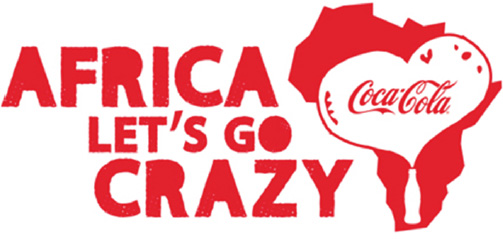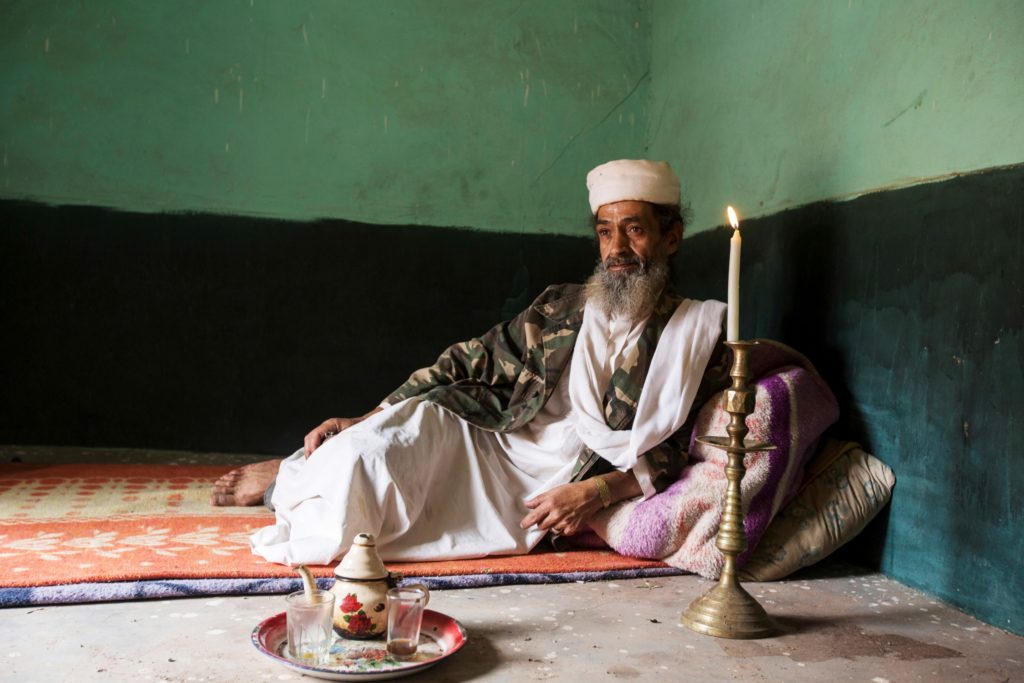PART V

We are moving our way toward the end of my story about the nation state. I devote this final section of our course to the meaning of Globalization for the Nation State. Sad to say, the Coronavirus pandemic is as good an example of globalization as any other. Suddenly, we have been awakened to a fact that most people in the world have experienced their entire lives: We are vulnerable. And we will experience the Coronavirus’s social, economic, and political consequences for the rest of our lives. Let me count some of the ways: lasting health problems; increasing levels of political polarization; a sharp decline in economic productivity, rampant inflation; labor shortages; mass migration of peoples; stagnating population growth; decreasing life expectancy; greater international tensions; and many. many more worrisom scenarios.
The term “globalization” has become a cliche. It is frequently used as though it were a recent discovery. And myriad universities and corporations have rushed to define themselves as global enterprises. I am uncomfortable with the concept because it is so vague. If we define globalization as a massive expansion in contacts and communications among peoples and the spread of new technologies, I’m afraid that Genghis Khan (1162-1227 AD) and Alexander the Great (356-323 BC) would be offended by being excluded.
To avoid the problem of stretching the concept to the point where it is useless, I will focus on a few contemporary ways in which they world has become, as they say, “a smaller place.” To do this, I will debunk three popular mythologies about where we are and where we are going. These are the myths of global rationality; terrorist irrationality; and the liberal-democratic end of history. When I get to the last point, you will see that we have returned to the questions I raised on the first day of our course.
Consider this manifestation of globalization and the coming together of the American fabric: The Funeral of Knut Rockne and the American Experience
36. LECTURE: Wednesday, November 17
Myth #1: “The spread of global liberalism is rational.” No, it’s not always rational! Its effects are often counterproductive and destabilizing.
Assumption: Because we in the West like to view ourselves as the telos (or inevitable destination) of humanity, we like to associate the idea of “globalization” with the spread of our own values. However, it’s sheer mythology to imagine that these values are uniformly appropriate for the rest of the world. Ironically, even our classical onception of “liberalism” has become ossified. As Weber would say, contemporary liberalism, or what goes by that name, is locked into an “iron cage.”
Assignments: So, is globalization good or bad? Or should we frame the question differently?
Globalization and the Mythology of Coca-Cola WATCH
Benjamin Barber, “Jihad vs. McWorld” PRINT AND READ
John Rapley: “The New Middle Ages,” Foreign Affairs (May-June 2006) At JSTOR, then search through ProQuest Social Science Journals: PRINT AND READ
“The French Colonialist’s Global Comeuppance,” Foreign Policy, January 2015: Locate at Hesburgh’s eJournal PRINT AND READ
38. DISCUSSION: Friday, November 19
Peitong’s sections will focus on this theme and paragraph:
“The poor have an epistemological advantage over the affluent. Unlike the rich, only they can see reality for what it is.”
Is the above statement true? If so, why; if not, why? Please choose one social justice issue that arises in Child of the Dark and respond to this question in a concise paragraph of no more than 6 sentences.
KJ’s sections will focus on the following theme and paragraph from last Friday’s discussion section:
What message might Carolina Maria de Jesus to convey to American citizens?
What is a Roman Catholic’s responsibility to the poor? Leondardo Boff, a key proponent of “liberation theology,” comments: PRINT AND READ
On the poverty of voluntourism READ
The inequality of opportunity in America: WATCH I particularly like the reference to John 3: 17-18.
Can Notre Dame be a truly Catholic institution and not practice liberation theology? What would it mean to practice liberation theology. Interestingly, the preeminent figure in liberation theology, Gustavo Gutiérrez, teaches at Notre Dame! See HERE
Paragraph assignment:
“Can Notre Dame be a truly Catholic institution and not practice liberation theology?”
39. LECTURE: Monday, November 22
Myth #2: “Global Terrorism is irrational.” No, it’s often frighteningly rational!
Reflections on a weapon of the weak: Terrorism
My focus on the rational roots of inhumanity.
Sanche de Gramont, “The Transformation of Moral Idealism into Violent Revolution” PRINT AND READ
Dale Eickelman: “The public sphere, the Arab ‘Street’, and the Middle East’s Democracy Deficit”: READ
Osama bin Laden: “Transcript of Speech,” Al Jazeera.com, Nov. 1, 2004 READ
“Attacks by White Extremists Are Growing. So Are Their Connections,” New York Times, April 3, 2019 READ
Julia Carrie Wong, “The physics professor who says online extremists act like curdled milk,” The Guardian, August 23, 2019 READ
THANKSGIVING BREAK: November 24-28
40. CLASS VISIT: Monday, November 29
A conversation about Hope with Mary Kate Battle (ND ’10) of Catholic Relief Services (and yet another survivor of World Politics). Mary Kate is a member of the inaugural class of the Domer Dozen: WATCH
Mary Kate will talk about her experiences with the Rohingya refugees in Bangladesh
In preparation for our discussion with Mary Kate, please read the following (very short) article about the sources of the refugee crisis: HERE
And this even shorter article about Bangladesh’s strange idea of a solution to the criris HERE
41. LECTURE: Wednesday, December 1
Reflections on liberal democracy: My bias for hope
Today’s Assumption: It’s hard to be optimistic about the chances for global liberalism, especially as we struggle with the devastating consequences of a pandemic. But it’s reasonable to be hopeful. It’s also necessary.
Assignments:
Samuel Huntington: “Democracy’s Third Wave,” Journal of Democracy, Spring 1991. See JSTOR through Hesburgh online, PRINT AND READ
Knowledge@Wharton, “Lew Gerstner’s turnaround tales at IBM,” READ
Cas Mudde, “It’s fashionable to say that democracies are dying,” The Guardian, January 28, 2018 PRINT AND READ
And yet there’s reason to be concerned. See this Freedom House report on the state of democracy in the US: READ
42. DISCUSSION SECTION: Friday, December 3
Has political history, as we have known it come to an end (see Fukuyama), or are we destined to relive the conflicts of the past (see Stanley and Lee)?
For this discussion, read only Fukuyama’s Introduction and Sections 3 and 4.
Francis Fukuyama: “End of History,” National Interest, Summer 1989 PRINT AND READ
Timothy Stanley and Alexander Lee, “It’s still not the end of history” PRINT AND READ
Paragraph assignment: Let’s say Fukuyama is wrong and the United States is not the end of history. What will come next?
43. LECTURE: Monday, December Myth #3
“We are the end of history”
No, we’re not! (For video evidence, see here). The challenge is to explain why.
From COVID to political change and Hope:
Damien Cave and Christopher Schuetze, “Contending with the pandemic, wealthy nations wage global battle for migrants” READ
Zeynep Tufekci, “The Unvaccinated May Not Be Who You Think” READ
Katherine Davidson, “Workers of the world unite! How the post-pandemic economic revovery is increasing the bargaining power of labour” READ
Think about how the spread of Spanish in the US (as well as on the Notre Dame campus) can give us grounds for hope for the flourishing of liberal democracy
John McWhorter, “America has far more than one Spanglish” READ
Matt Wolf, “West Side Story in Spanish? You’re speaking my language now” READ
And even if liberalism loses the battle, perhjaps there a chance we can bring it back!
Henry M. Paulson, “We’re Living Through One of the Most Explosive Extinction Episodes Ever” READ
Elizabeth Quill, “These are the extinct animals we can and should resurrect” READ
Your final essay assignment is HERE
